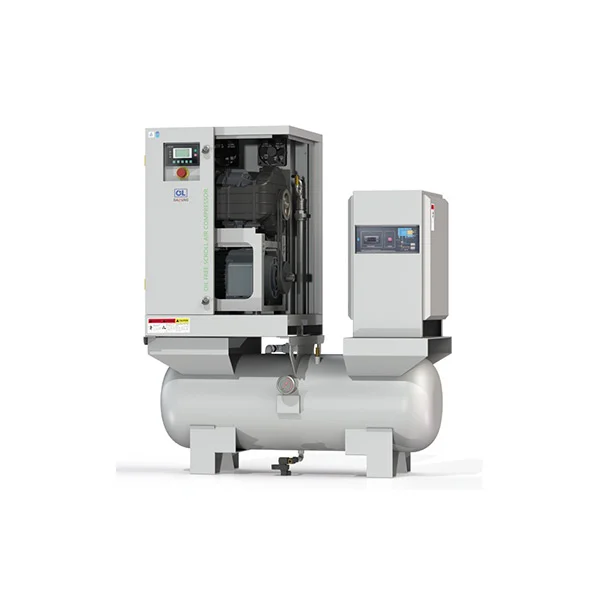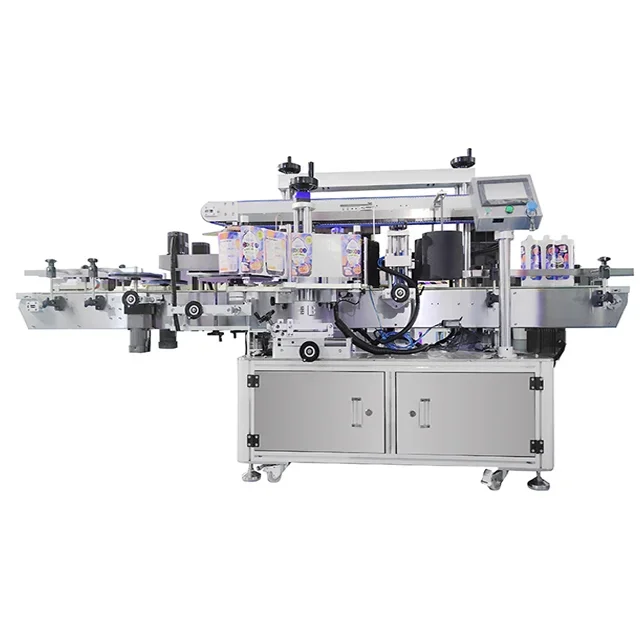As a sole proprietor, it is important to understand how your business is taxed. Sole proprietorship is the simplest form of business structure, but it still requires careful consideration when it comes to taxes. In this article, we will explore the different ways sole proprietorship are taxed and provide you with a comprehensive guide to help you navigate the tax landscape.
What is a Sole Proprietorship?
A sole proprietorship is a business structure where an individual owns and operates the business. This means that the business is not a separate legal entity from the owner. The owner is responsible for all aspects of the business, including finances, operations, and legal liabilities.
How is a Sole Proprietorship Taxed?
Sole proprietorship is taxed differently than other business structures. The owner reports the business income and expenses on their personal tax return using Schedule C (Form 1040). The net income from the business is then subject to self-employment tax, which includes both Social Security and Medicare taxes.
Self-employment tax is calculated based on the net income of the business. The current self-employment tax rate is 15.3%, which is made up of 12.4% for Social Security and 2.9% for Medicare. However, the Social Security portion is only applied to the first $142,800 of net income for 2023.
In addition to self-employment tax, sole proprietors may also be subject to state and local taxes. It is important to check with your state and local tax authorities to determine your tax obligations.
Deductible Expenses for Sole Proprietorship
As a sole proprietor, you are allowed to deduct business expenses from your taxable income. This includes expenses such as office rent, utilities, supplies, and equipment. You can also deduct expenses related to travel, meals, and entertainment, as long as they are directly related to your business.
It is important to keep accurate records of all business expenses to ensure that you are claiming all eligible deductions. You should also consult with a tax professional to ensure that you are taking advantage of all available deductions.
Estimated Taxes for Sole Proprietorship
Sole proprietors are required to pay estimated taxes throughout the year. Estimated taxes are quarterly payments made to the IRS to cover your tax liability for the year. The amount of estimated taxes you are required to pay is based on your projected income for the year.
If you do not pay enough estimated taxes throughout the year, you may be subject to penalties and interest. It is important to work with a tax professional to determine the appropriate amount of estimated taxes to pay.
Conclusion
In conclusion, sole proprietorship is a simple business structure, but it still requires careful consideration when it comes to taxes. As a sole proprietor, you are responsible for reporting your business income and expenses on your personal tax return and paying self-employment tax. You are also allowed to deduct eligible business expenses and are required to pay estimated taxes throughout the year. It is important to work with a tax professional to ensure that you are complying with all tax obligations and taking advantage of all available deductions.





